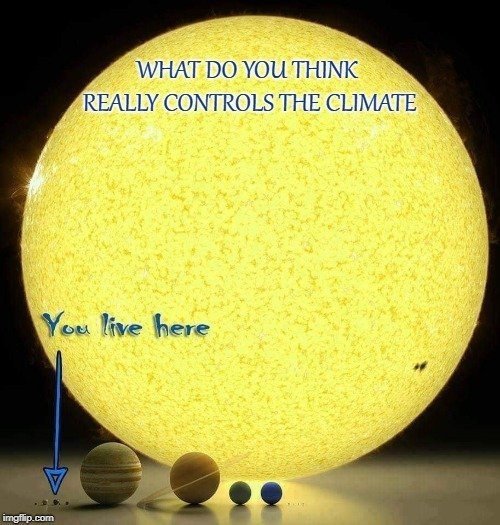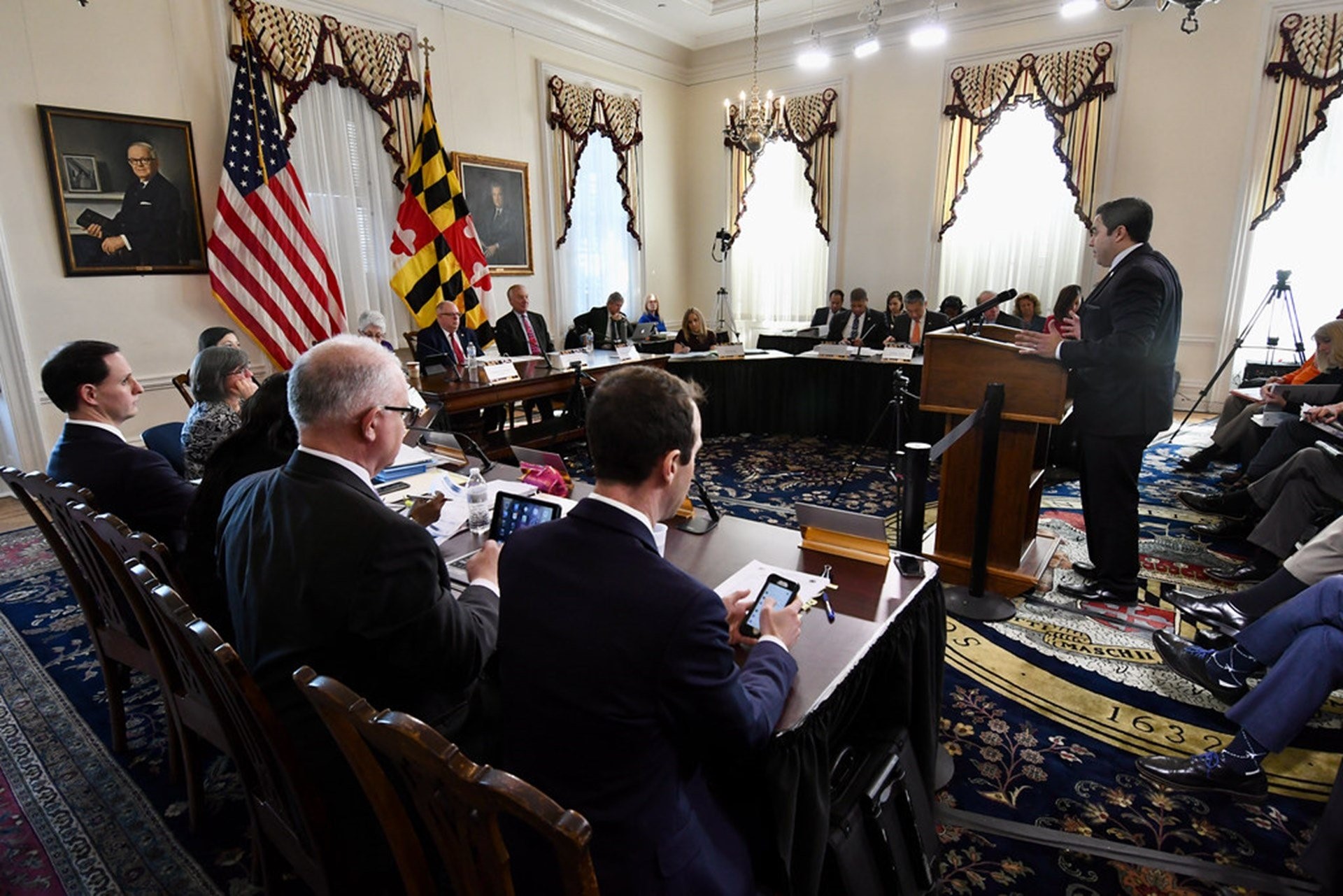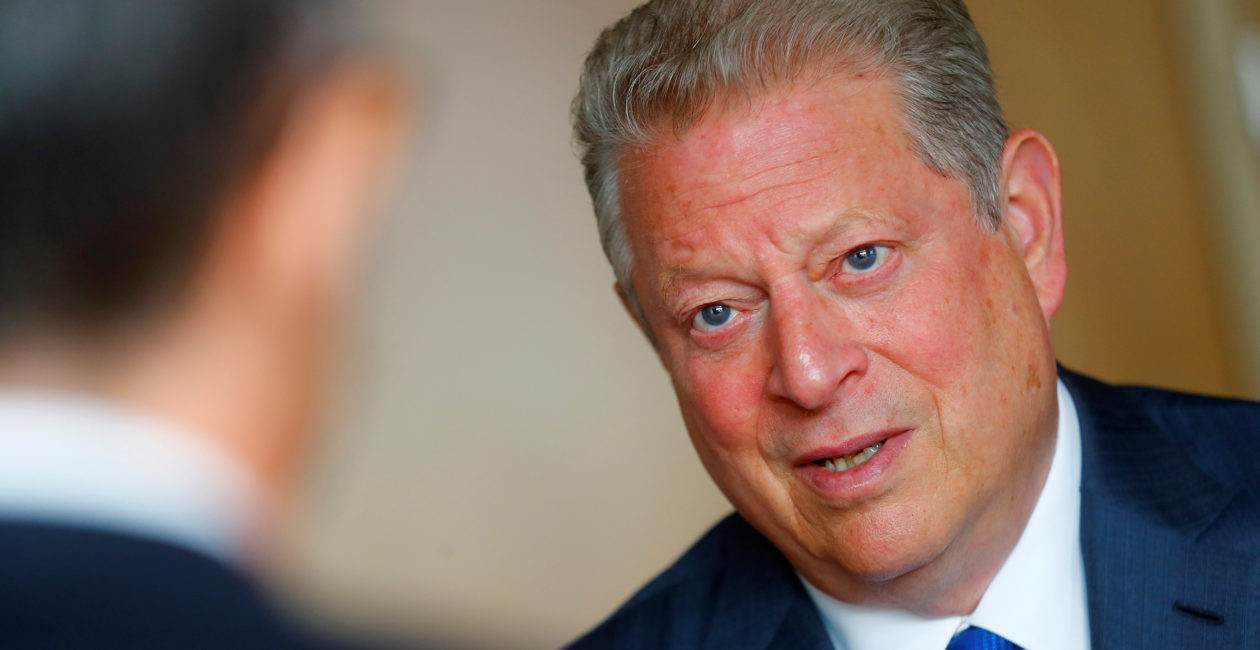
ASU President Michael Crow Calls For Globalist Revolution Over Climate Change In New Book
By Corinne Murdock – September 26, 2023
Arizona State University (ASU) President Michael Crow called for a globalist revolution to counter climate change in a recently published book.
In the book published last week, “Democracy in a Hotter Time: Climate Change and Democratic Transformation,” Crow declared that the principles of the Founding are no longer sufficient.
“Although the philosophical underpinnings of our democratic experiment were pragmatically balanced by the founders, the pivotal formulations of the U.S. Constitution failed to protect nature,” wrote Crow.
Crow’s remarks echoed the sentiments made by the principal author of the book, ASU Professor David Orr, who wrote in his foreword that the time is ripe for a bold experiment in a new kind of democracy worldwide.

“Against all odds, [our Founders] imagined and launched the first modern democracy. Imperfect though it was, the fledgling nation had the capacity for self-repair evolving toward ‘a more perfect union,’” wrote Orr. “Our challenge, similarly, requires us to begin the world anew, conceiving and building a fair, decent, and effective democracy, this time better fitted to a planet with an ecosphere.”
Unlike the Founding Fathers — who founded this country on self-evident truths of equality and God-endowed inalienable rights of life, liberty, and the pursuit of happiness — the globalist revolutionaries in this latest book declared that a new form of governance must serve the environment alongside mankind.
The ASU president also lamented that the current system of representative democracy has allowed for “scientific[ally] or technological[ly] illitera[te]” elected officials who oppose progressive climate initiatives.
“It is, after all, the deficiencies of the democratic process that have allowed the election of unscrupulous politicians who deny climate change or obstruct efforts to combat environmental degradation,” stated Crow. “Scientific or technological illiteracy among policy-makers and elected officials is matched by a growing affluent class that valorizes individualism over civic engagement and is insulated from complex sociotechnical issues.”
Crow also criticized individualism and Enlightenment philosophies as a threat to natural resources, indicating the need for limitations on personal freedoms in a climate change revolution.
“[T]he principles of capitalism as articulated by Adam Smith in ‘The Wealth of Nations’ imposed no limits on economic individualism or the inclination of societies to exploit natural resources capriciously,” said Crow. “Approaches that ameliorate the interrelated conundrums that now plague the Earth’s systems will require systems-level thinking that challenges the reductionist assumptions of the Enlightenment.”

Government Elites
As part of the new democracy, Crow proposed that contemporary research universities such as ASU be the entities responsible for the social, economic, cultural, political, scientific, and technological well-being of local communities. In order to fulfill this responsibility, universities’ institutional design would be reworked to facilitate transdisciplinary research rather than individual attainment.
“Approaches that ameliorate the interrelated conundrums that now plague the Earth’s systems will require systems-level thinking that challenges the reductionist assumptions of the Enlightenment,” said Crow. “[T]he preservation of our democracy amid the emerging global crisis of rapid climate change requires that we recalibrate our academic culture.”
Orr clarified in the introduction of the book that Crow intends to reform higher education so that students are indoctrinated in climate change activism.
“The five-alarm nature of climate chaos requires revising curriculum, research, and innovation throughout higher education and changing requirements for graduation so that every student in every field knows what planet they’re on, how it works, and why such things are important for our public life and for their own lives and careers,” wrote Orr.
This envisioned role of higher education corresponds with the Democracy Initiative of the College of Liberal Arts and Sciences, whose express goals within its inaugural Democracy and Climate Change Conference last year inspired the headline of Crow’s chapter and the book.
One conference panel questioned the Constitution as a hindrance to climate change solutions.

Former U.S. Vice President Al Gore attends an interview with Reuters in Berlin, Germany, June 26, 2018. REUTERS/Hannibal Hanschke (Newscom TagID: rtrlten100463.jpg) [Photo via Newscom]
“[I]t’s up to us to muster the political will to implement those solutions and restore the integrity of our democracy,” said Gore.
Gore’s 2006 award-winning movie warning about the dire consequences of climate change made many predictions that failed to come true, such as higher sea levels, increased temperatures due to rising CO2 levels, more tornadoes, extinction of the polar bears, the complete melt of the Arctic, total drought of the Sahel, and the polluting effects of CO2.
In March, Capital Research Center documented how Gore has consistently failed to issue accurate advice or predictions on climate change over the last 30 years. Yet, Gore was awarded the Nobel Peace Prize for his work in 2007.
Also present at the conference was Obama’s maternal half-sister and Obama Foundation consultant, Maya Soetoro-Ng.
Crow co-authored his chapter with William B. Dabars: a research professor for the ASU School for the Future of Innovation in Society, senior global futures scholar for the Julie Ann Wrigley Global Futures Laboratory (GFL), and senior director of research for the New American University.
The GFL engages in Crow’s proposed transdisciplinary research core to the envisioned new democracy. The laboratory serves as a global hub of scientists and scholars working to “establish a new equilibrium between humankind and the dynamic Earth system.” The GFL work covers the depletion of natural resources, degradation of the environment, water scarcity, food security, energy systems, environmental and public health, and governance and policy.
GFL’s transdisciplinary design comes from its coordination with the Global Institute of Sustainability; Consortium for Science, Policy, and Outcomes; Rob and Melani Walton Center for Planetary Health; and the Innovation and the College of Global Futures along with its three Schools of Sustainability, Future of Innovation in Society, and Complex Adaptive Systems, respectively.
The New American University is Crow’s novel model of higher education designed to serve the public interest and societal well-being.
The Fifth Wave refers to the idea that American higher education progressed in waves. The Greek academies constituted the First Wave, state colleges constituted the Second Wave, land-grant colleges constituted the Third Wave, research universities constituted the Fourth Wave, and national service universities constituted the Fifth Wave. In addition to itself, ASU classified Penn State University, the University of Maryland system, and Purdue University as Fifth Wave institutions.
Corinne Murdock is a reporter for AZ Free News. Follow her latest on Twitter, or email tips to corinne@azfreenews.com.

Will indoctrination ever be confronted? the left is never deterred. Truth must prevail.